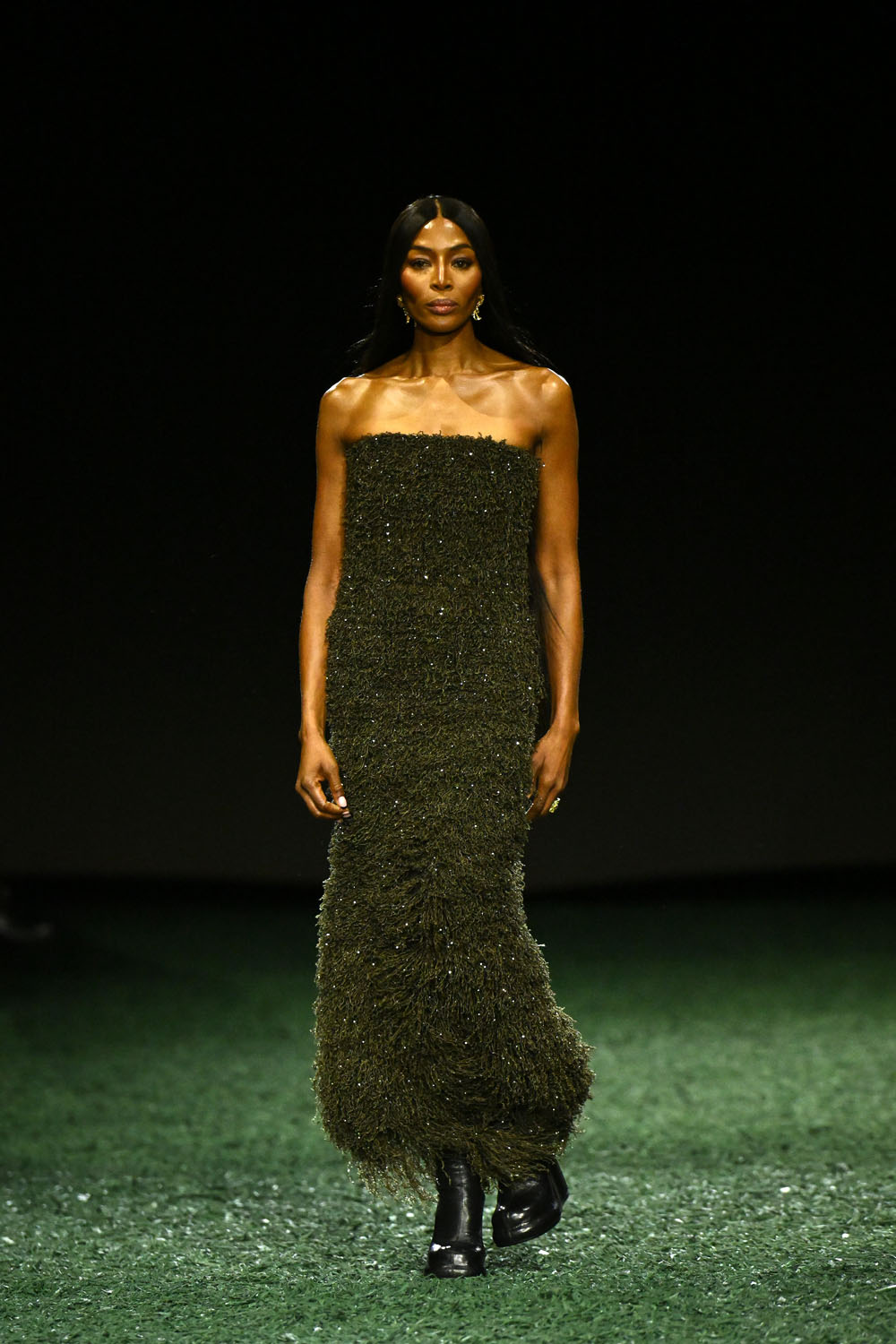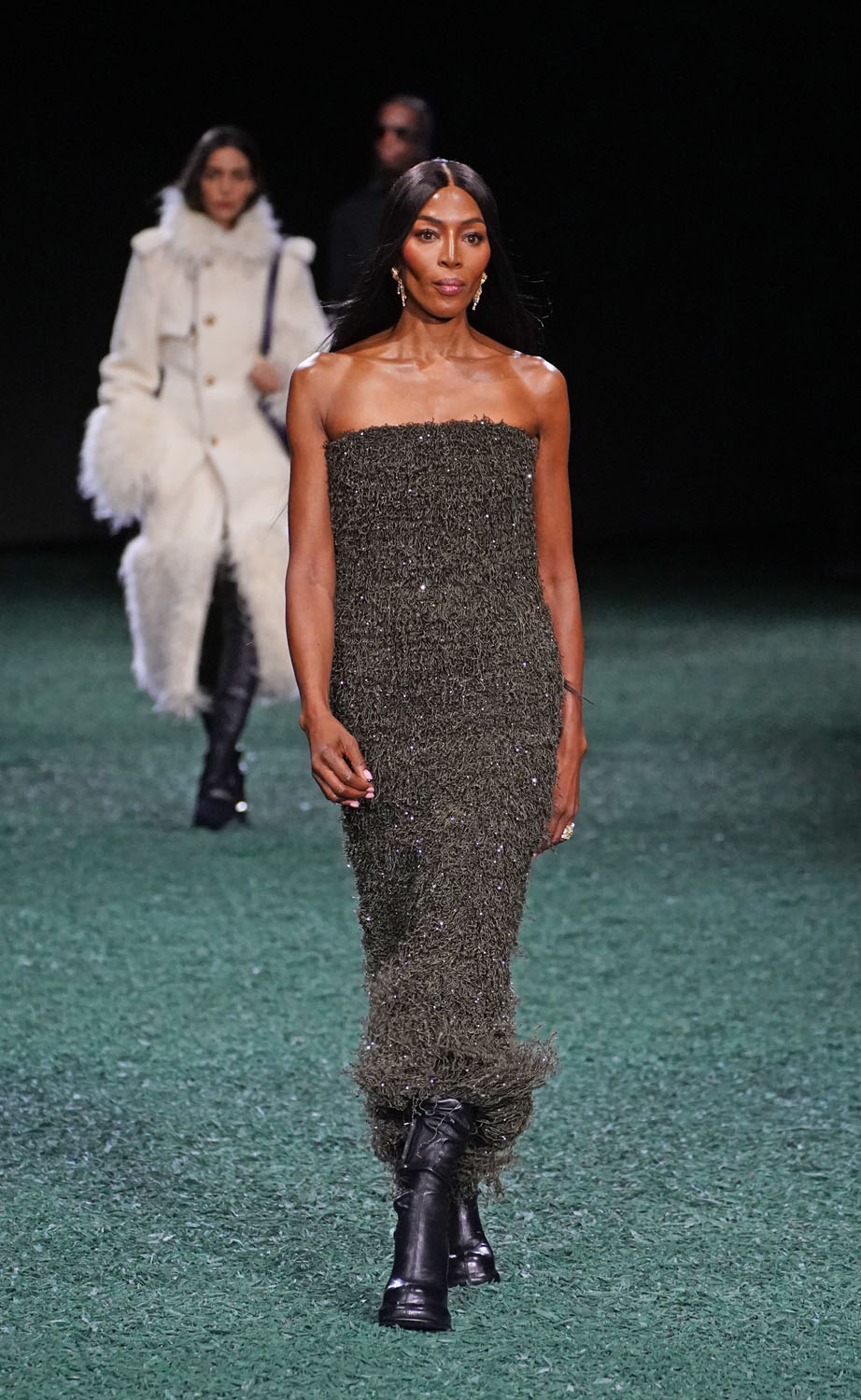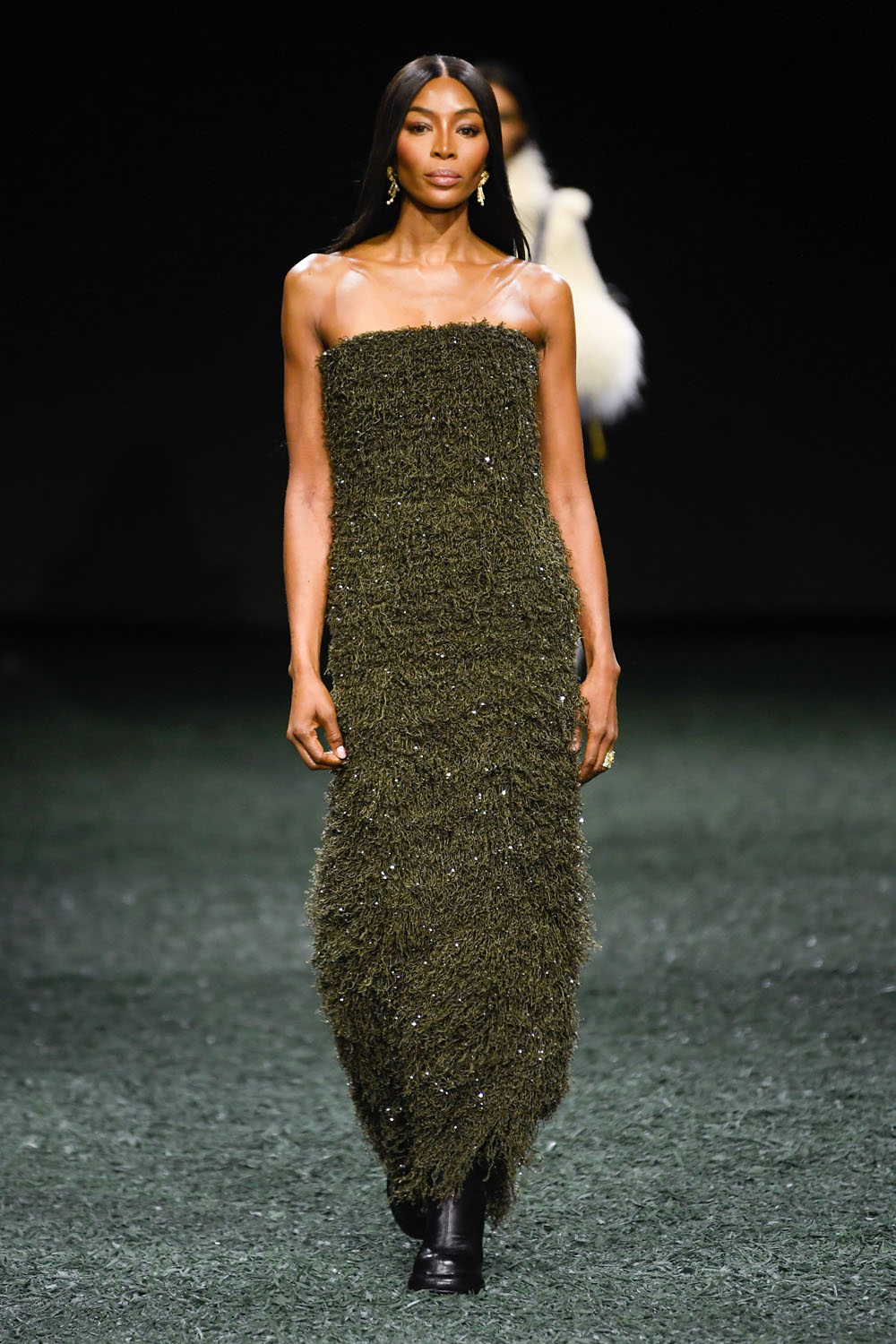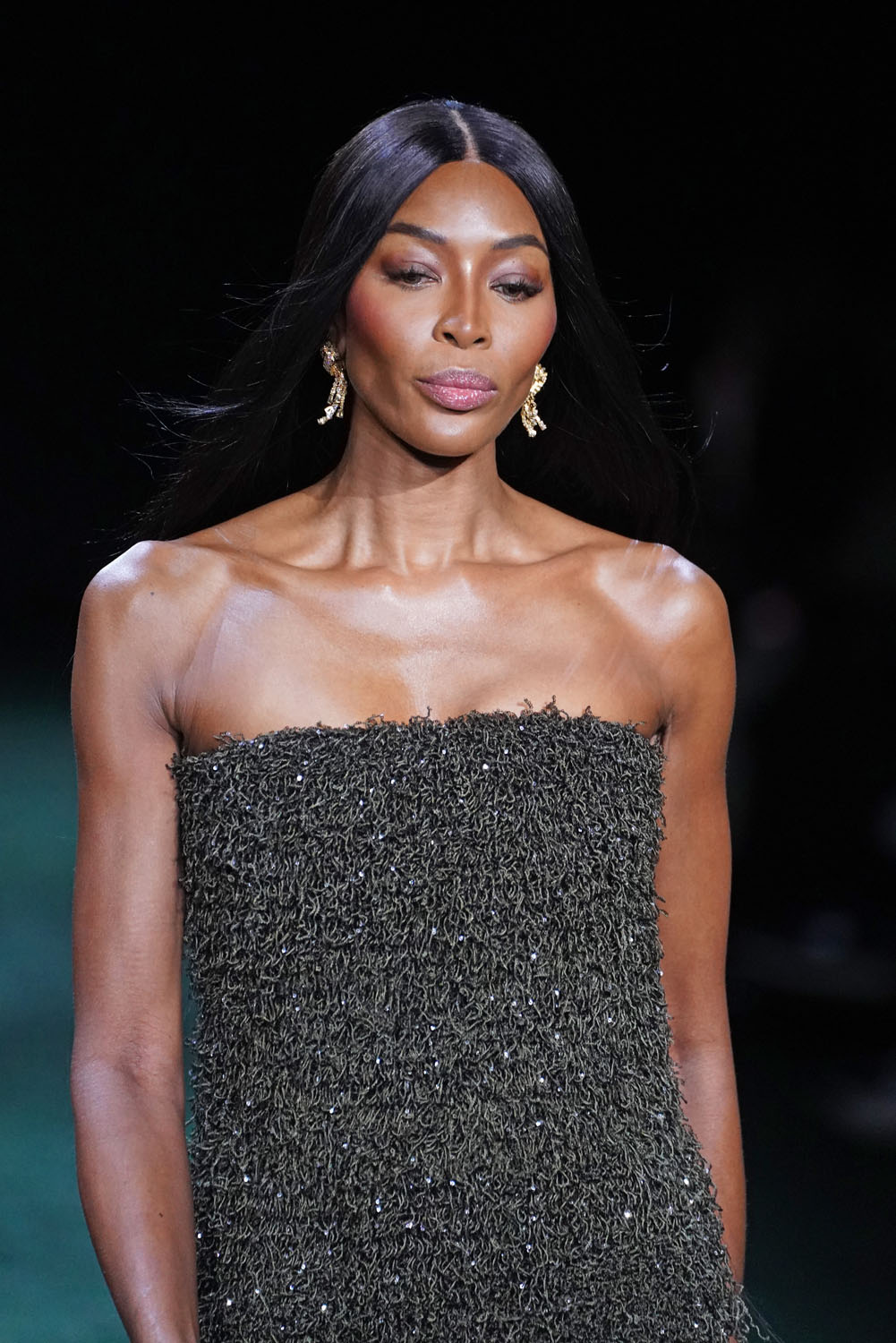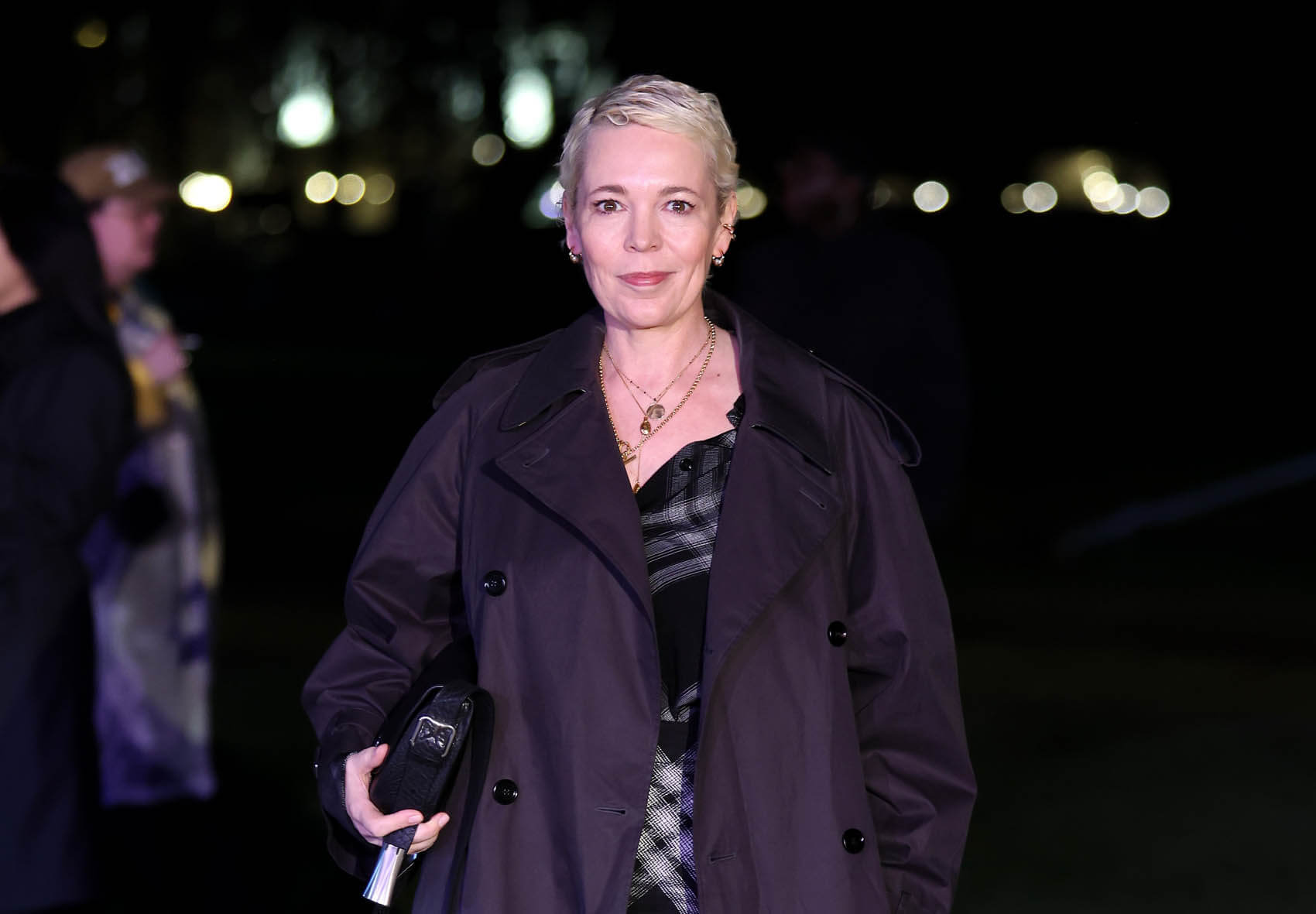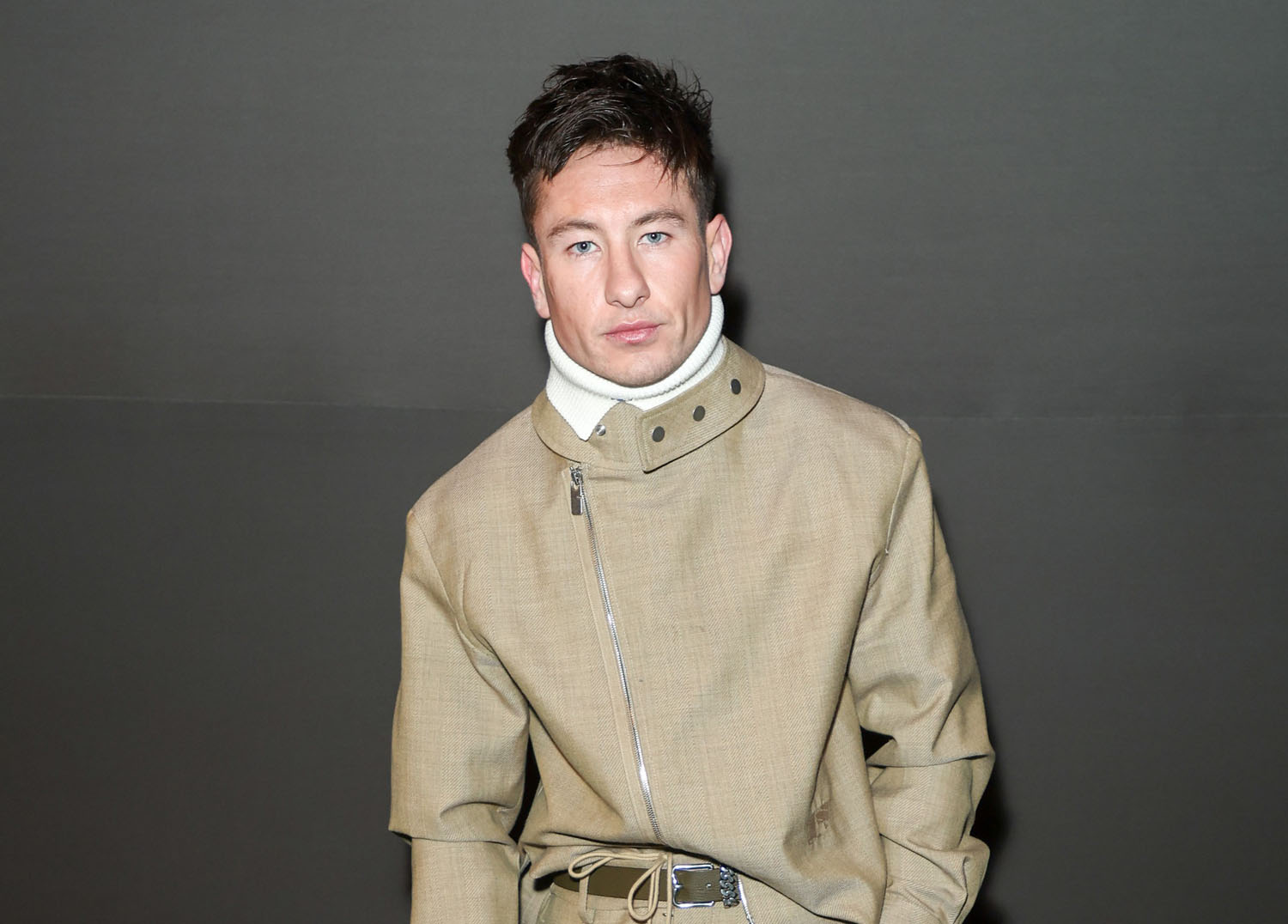The Influencer vs the Supermodel


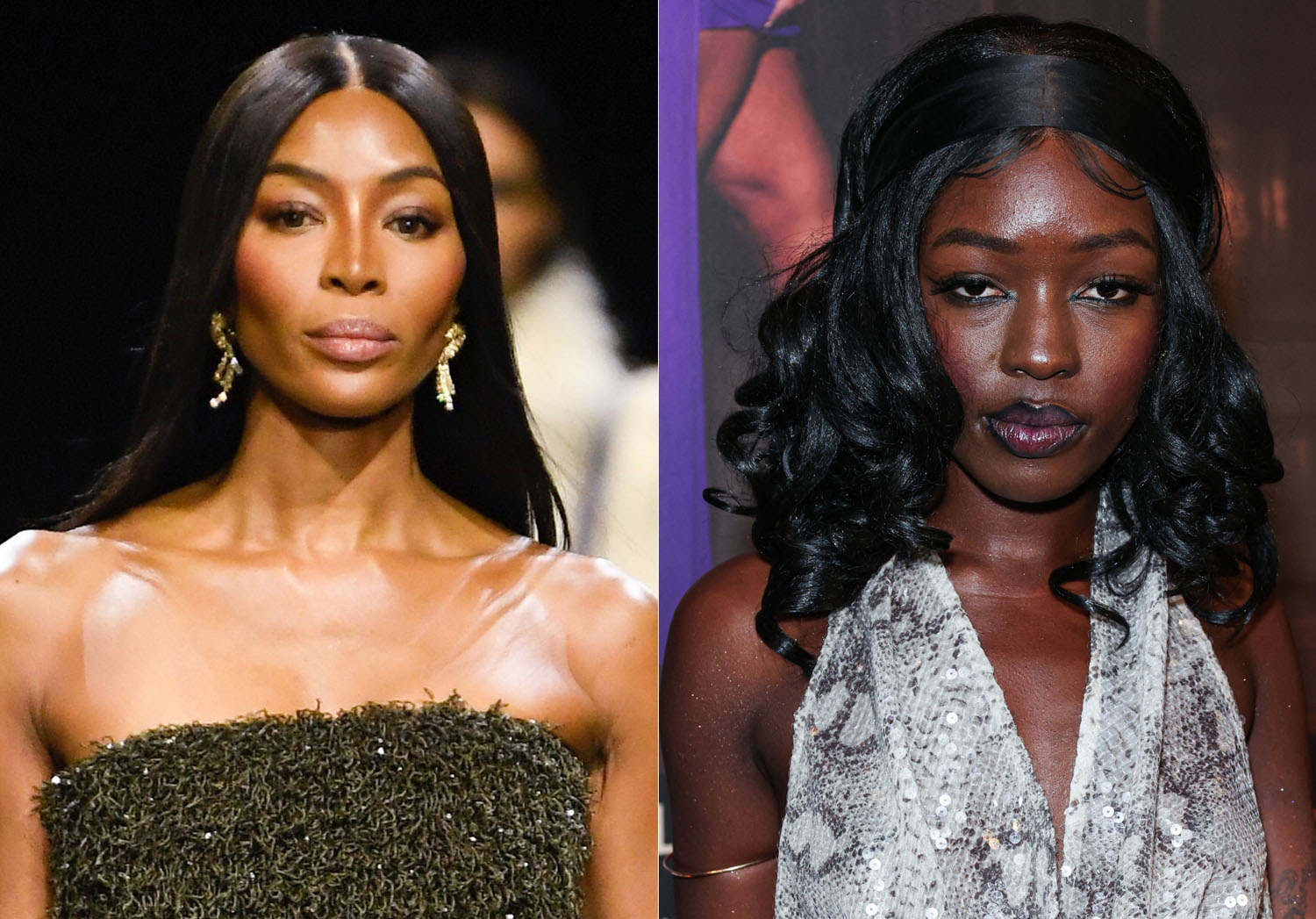
Elsa Majimbo, a Kenyan content creator who rose to international fame a few years ago over a schtick involving potato chips, sunglasses, a signature laugh and her witty commentary on everyday situations, recently detailed her falling out with supermodel Naomi Campbell.
In a lengthy, now-deleted video still being widely circulated, Elsa described meeting Naomi on a trip to Nairobi, where she and her brother were invited to do some further travel with the supermodel. Elsa said that during a beach day on that trip, Naomi pitched the idea of doing a documentary about Elsa’s life in Kenya.
After the trip, when Elsa encountered one of Naomi’s acquaintances who had been on the trip with them, the person remarked that Naomi took credit for Elsa’s career, a claim that Elsa vehemently denied. Months later, she got a phone call from Naomi slamming her for not giving her the credit she felt she deserved.
According to Elsa, she already had a documentary in the works that was premiering at the Tribeca Film Festival. When Naomi got wind of this, assuming Elsa had gone rogue with the film she pitched to Elsa, she said Naomi threatened her with legal action, saying she would sue her for the rights to the documentary. Elsa spent the next several months trying to make things right and that she was running into major roadblocks in her budding career as a model and that things were going “haywire” for her.
Elsa recalls meeting former British Vogue editor-in-chief Edward Enninful and hearing an unspecified remark he said that tipped her off that perhaps Naomi had blacklisted her in the fashion industry, an experience that she says prompted her to begin an unhealthy relationship with alcohol. She went on to make things right with Naomi, informing her of every single move she made, which appeased Naomi, but made Elsa uncomfortable. When she realized that it was not normal or healthy and that she was feeling controlled, she says she ceased communication entirely.
“We’re not friends, we’re not enemies. We’re not anything. Just not really in association. We’re just strangers,” Elsa concluded.
Since sharing the video, social media users have chimed in with their own reactions. Some say they feel like based on previous experiences people have shared about Naomi that everything Elsa is saying is true, and others say Elsa should’ve kept her experience with Naomi to herself given Naomi’s level of power and fame. But personally, I think power and fame are the exact themes that come into question, and are perhaps even challenged, in a situation like this.
Naomi Campbell is traditional celebrity. She was the first Black woman to appear on the covers of Vogue France and Time and got her come up gradually, attending theatre art schools, appearing in music videos, and fighting through treacherous adversity, eventually achieving highly coveted and ever elusive supermodel status.
Elsa, on the other hand, got her come up quickly, swiftly, and without much formal training. When she started making the rounds on social media during the pandemic, people immediately fell in love with her sense of humour. Within her first year of going viral, she was covered in The Guardian, earned a spot on Comedy Central, won a People’s Choice Award, received a creator’s award from Lilly Singh, and appeared on Steve Harvey’s online TV show. Since then, she’s become an ambassador for MAC Cosmetics and Fenty, where, true to her roots, she flaunts the brand’s sunglasses. What Elsa has been able to accomplish in four years simply was not possible for someone coming up in Naomi’s time.
Perhaps that is what leads to the great divide we often see between celebrities birthed out of traditional media and celebrities birthed out of influencer culture. Part of me hesitates to call the latter celebrities, but really, I don’t have much reason not to. If we’re going according to the definition of the word, which is someone who is famous or well-known, influencers absolutely fit that category, especially as we continue to spend as much time as we do in digital spaces. And I imagine that can be a piss off for someone who had to do things the “hard” way.
It makes complete sense that someone like Naomi, an experienced, seasoned industry veteran who had to fight and claw her way to the top, might be at odds with someone like Elsa, who had a quick, steeply inclined ascension to brand partnerships with some of the world’s largest, most-reputable cosmetics companies and sheer visibility. She’s been written about in The New Yorker, and appeared on the covers of Teen Vogue and GQ.
We see this division everywhere. During the writer’s strike, I wrote about the competition between scripted and unscripted TV shows. The idea that long-standing, award-winning traditional TV series were in competition with “crap” like The Bachelor, Paradise Hotel and Big Brother was almost insulting. I consider this a sort of parallel. It must be very much the same feeling to know that the kind of success that once took decades, a strong network, dedication and discipline to obtain is now possible thanks to something as accessible as a smartphone.
And more recently, I wrote about Keke Palmer’s subtle and thought-provoking diss to Bobbi Althoff, when Keke questioned her on how, despite only being active for a few years, she landed such notable interviews, whereas Keke had done some hard work over the last 20 and has yet to snag some of the big names Bobbi has. No matter the industry, no matter the subject, it can sting when people have a much easier come up than you.
The other thing at play here is Naomi’s history of fraught relationships throughout her career. Her highly publicized spat with Tyra Banks is perhaps the most notorious, and I wrote a bit about that here. But the reason that beef sticks out especially now, and is illuminated by Elsa’s allegations, is because of the line Naomi allegedly delivered to Tyra backstage at a runway show one day, where she told Tyra that she would “never be” Naomi, a sentiment she repeated again, on camera, during this heated exchange with Nicole Trunfio on The Face.
It would seem as though Naomi constantly needs to reaffirm and restate this idea. I get the impression Naomi suffers from the kind of main character syndrome that has the potential to render her a dangerous weapon of delusion, in the sense that she simply cannot accept that she is not the only Black woman model there is the world has to offer, and that anyone who follows anywhere close to her footsteps is indebted to her. But the second part of it is that she was developed at a time where she was made to feel she had to be this way.
“Naomi did give me a lot of credibility,” Elsa said during her video. “She introduced me to a lot of people, she made me feel special, she did a lot of things for me. I wouldn’t say that she made me but she did play a big role in a lot of the things that I did in that space during that time.”
After posting and deleting the video, Elsa uploaded an outfit detail video captioned “happy and free”, which to me says that this was something she wanted to get off her chest, and now that she has, she feels better. And that counts for a lot. Elsa gave Naomi the credit she felt Naomi deserved. And I think Naomi felt she deserved more - not just from Elsa, but from the industry, and from the world, for the struggle she endured to be as successful as she is. Perhaps it’s a sentiment that Black women pioneers of anything are likely to feel, that they are owed something.
With that in mind, I hope Naomi can find a better way to mentor the incoming generation of Black women models. And I hope we can do away with the idea that there is only room for so many of us. Because as I’ve written before, there’s room for all of us, despite the words we heard week over week on America’s Next Top Model, that “There can only be one” – which hits a lot harder for Black women than they do anyone else.

